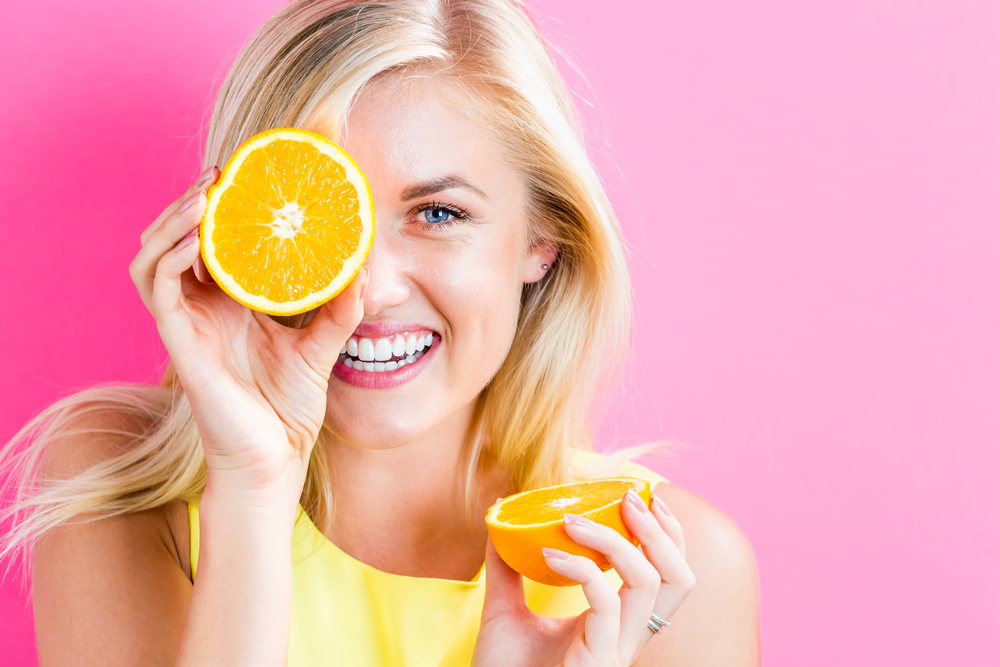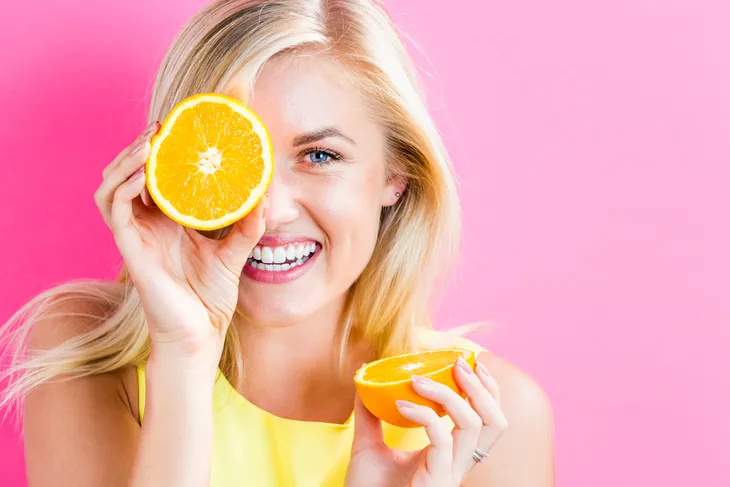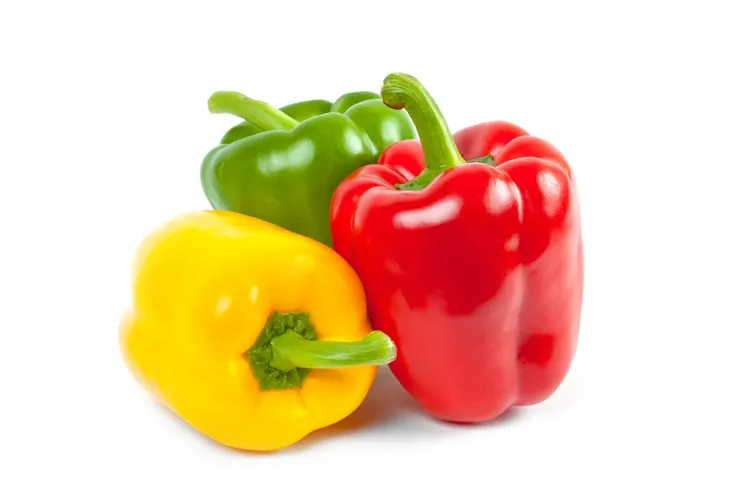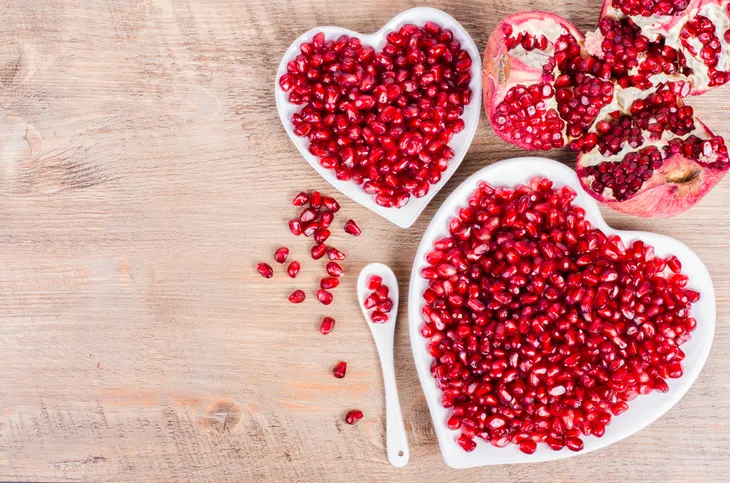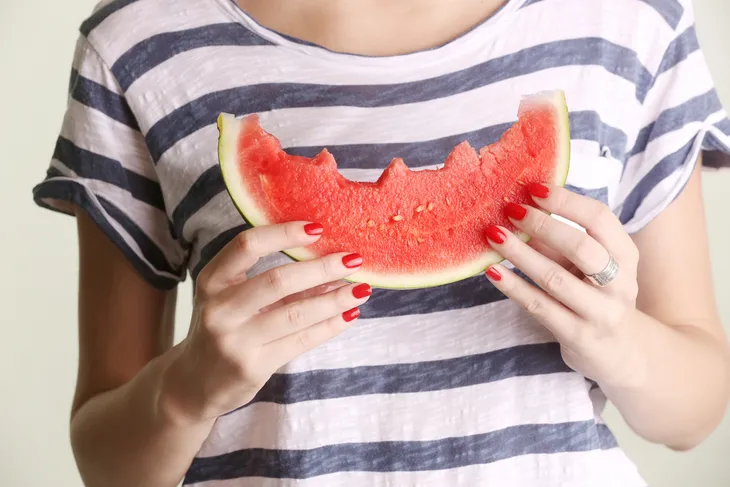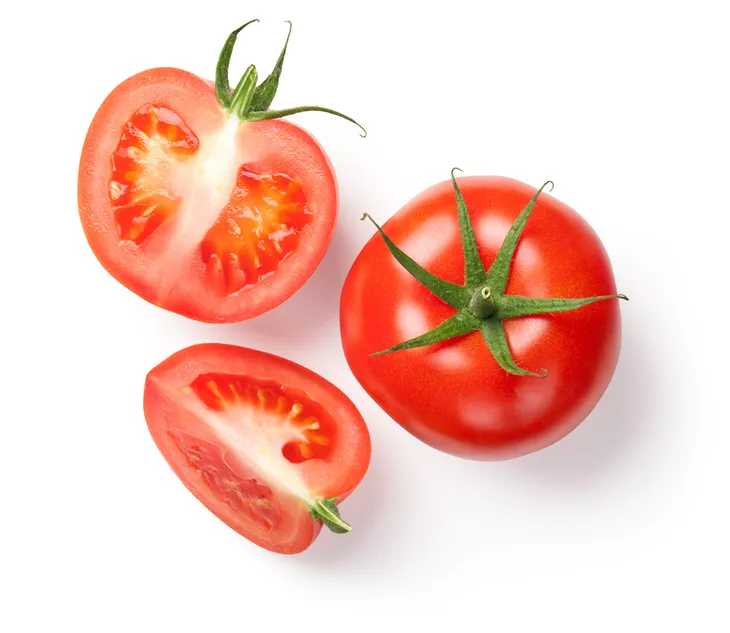The phrase “you are what you eat” is especially pertinent when it comes to the health of your skin. Studies show that eating a diet rich in the following antioxidant-rich foods can help protect your skin from the sun’s harmful UV rays. Of course, it’s also wise to pair your healthy diet with a broad-spectrum sunscreen for added skin protection.
Here is a summer line up of brilliant sun-protecting foods…
Citrus Fruits
You likely already know that oranges, lemons, limes, grapefruits, and the many other tart yet delicious citrus fruits available are high in vitamin C—but they’re also rich in another very important sun-protecting ingredient called limonene.
According to research conducted on 470 women and men at the Cancer Prevention and Control, at the University of Arizona, limonene, the major component of oil extracted from citrus rind, is able to reduce the risk of squamous cell carcinoma of the skin by up to 34-percent.
Salmon
If you crave wild salmon as much as I do you could be doing your skin a huge service when it comes to sun protection. A research study conducted at Oregon State University’s Linus Pauling Institute Micronutrient Information Center, the omega-3 fats found in wild salmon have several cancer-fighting properties.
First the study credited omega-3 fatty acids with averting the inflammation brought on by environment and other stressors. Omega-3s have also been associated with obstructing the release of UV-induced enzymes—which contribute to collagen deterioration, saggy skin, and the development of fine lines and wrinkles.
Bell Peppers
Peppers, particularly bell peppers, do more than adding a colorful red, green, yellow, orange, and purple hue to your stir-fries. It turns out that a peck of peppers also has the antioxidant power of capsiate on their side.
According to a research study from Seoul’s Laboratory of Dermatology-Immunology, at the Catholic University in South Korea, capsiate is able to stop skin damage, inflammation, and angiogenesis due to UVB-sun exposure. Keep in mind you need to eat an entire bell pepper to get enough skin-protecting capsiate in one serving.
Pomegranate
Pomegranates, and the tart seeds within the fruit, are an excellent source of skin-protection. So claimed several studies presented at the 2003 American Association for Cancer Research conference, which linked pomegranate fruit extract (i.e., pomegranate seeds, seed oil, peel oil, and juice) to significant skin cancer prevention.
A experimental series of studies on mice show that pomegranate could help suppress skin carcinogenesis in mice due to powerful polyphenols, which are able to offer 25-percent more protection from UVB and UVA free radicals.
Watermelon
Have you ever wondered what gives watermelon its bashful pink color? The answer can be found in lycopene, a type of antioxidant and carotenoid pigment that also lends red to tomatoes and bright pink to grapefruit.
Research from Oregon State University Linus Pauling Institute Micronutrient Information Center, considers lycopene a powerful sun-protector when it comes to preventing both sunburn and sun-induced skin ageing
Tomatoes
I touched on the powers of lycopene as a sun-protector in our last slide. This carotenoid pigment is the reason why tomatoes take on that red, juicy color that begs to be plucked from the vine. Heirloom tomatoes, in particular, are jam-packed with lycopene.
A German and Dutch study, published in the Journal of Nutrition, found that diets rich in lycopene can help ward off the effects of UV-induced free radicals by up to 40-percent. Just keep in mind that this potent skin-saving ally is best absorbed with a little bit of fat (i.e., avocado or olive oil).
